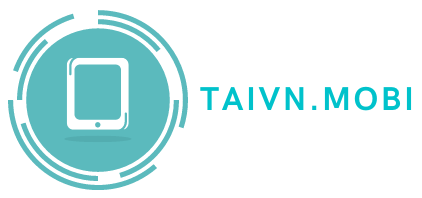Using Technology To Improve Mental Health has become increasingly popular, with a range of innovative apps designed to promote emotional well-being. In this article, Taivn.mobi will explore Top 7 of the best ways for improving mental health, managing mental health conditions, and promoting overall well-being.
Using Technology To Improve Mental Health – 7 Best Ways
Muse headband
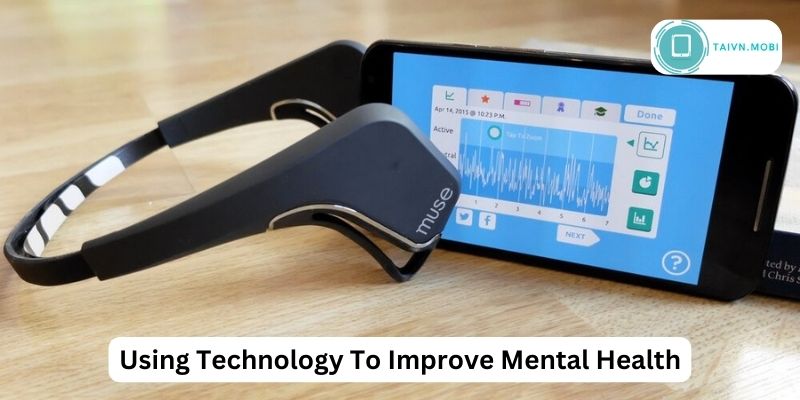
By providing you with real-time biofeedback regarding what is happening in your mind, the brain-detecting headband enables you to get the most out of your meditation practice. The Muse is not a futuristic headset that tries to change your brain.
InteraXon, the company that made it, wants to teach you how to alter it on your own. The process is easy. You put on the Muse headset, start the breathing exercises, and listen to the sounds of the waves, storms, and twittering birds.
All of which represent how calm and concentrated you are. The Muse provides feedback to help you clear your mind if it is overactive. This review was created with Muse.
After using the Muse for several months, I made the decision to continue utilizing meditation on my own. However, the quick feedback helped me identify when I was truly relaxed, and it was helpful to monitor my brain activity in real-time.
Calm
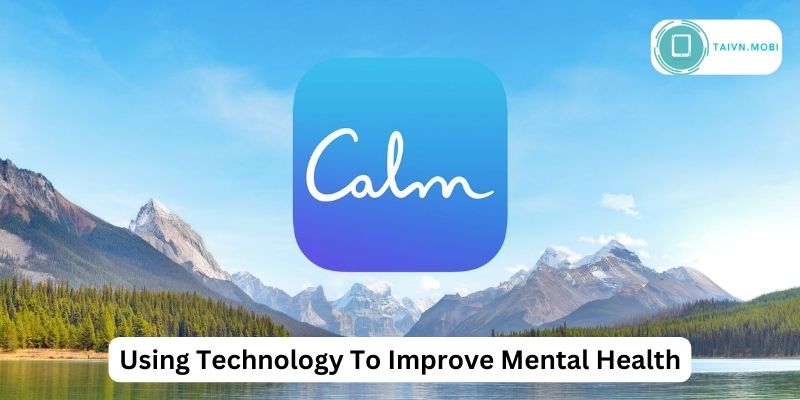
Calm, the 2017 App of the Year, has become a global phenomenon. Within, you can learn how to be attentive, engage in breathing exercises to unwind your body and mind, read soothing bedtime tales before going to sleep, or watch soothing nature videos anytime you feel the need.
The program also includes a wide range of meditation techniques, including body scans, walking meditations, guided meditations, and unguided sessions.
Headspace
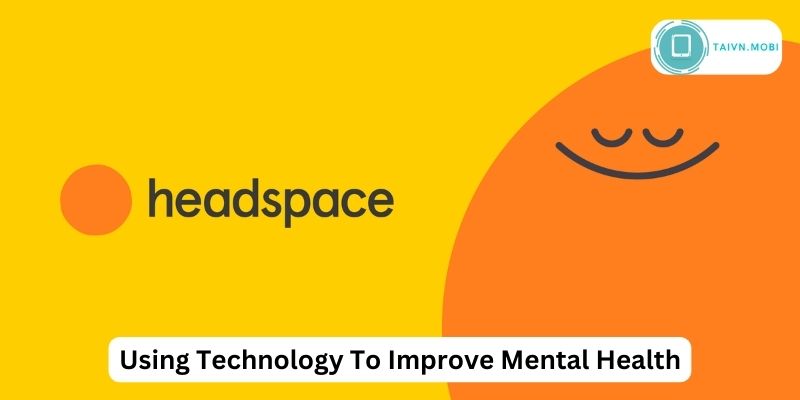
The best option for anyone looking to learn how to meditate and how to release stress even after a hectic day is the meditation app, which has its own Netflix series and is available as assistance while driving through Waze.
The daily instruction helps you focus, let go of anxiety, and become a master of meditation in just 10 minutes. It might even assist you in creating a useful habit if you get used to it.
There are hundreds of themed sessions where you can practice your weak areas or use reminders. It immediately benefits your mental health!
Breath2Relax app
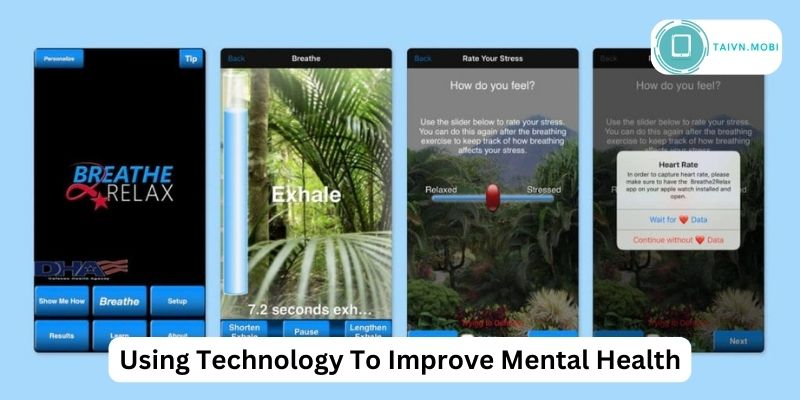
One of the most effective techniques for reducing stress is diaphragmatic breathing, sometimes known as deep belly breathing. This app supports mood stability, anger management, and anxiety management by teaching users how to reduce the body’s “fight-or-flight” response to stress.
It’s encouraging that the app received a very good rating from the Anxiety and Depression Association of America. It was created by the Defense Health Agency. It is a division of the US military and was initially intended for use by military personnel. If it works for soldiers, who are frequently placed in extremely stressful circumstances, it should also work for civilians.
Focus@Will music service
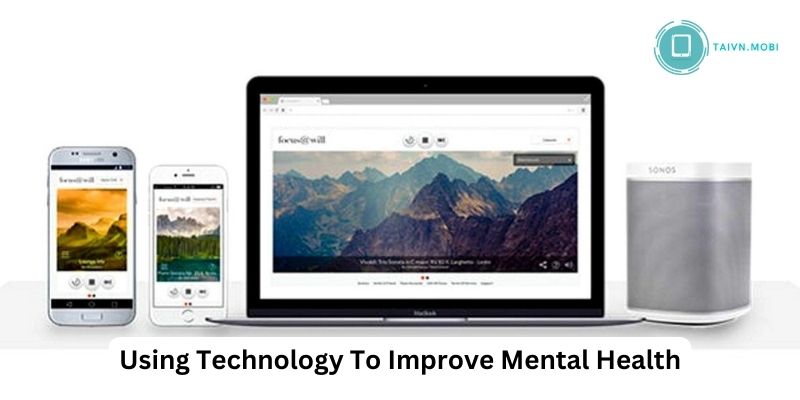
Have you ever noticed that listening to music helps you focus more clearly on your work assignments, thesis writing process, or creative activity? Focus@Will, a Los Angeles-based business founded in 2012, provides a special service for people who are already aware that their concentration is only perfect when the correct music is playing.
Focus@Will claims to use a few test questions to establish your personality type based on neuroscience research, after which it will recommend the best music genres to help you focus. Their assessment of 22,000 active users found that attention time improved by more than 200–400%.
Deep virtual reality app
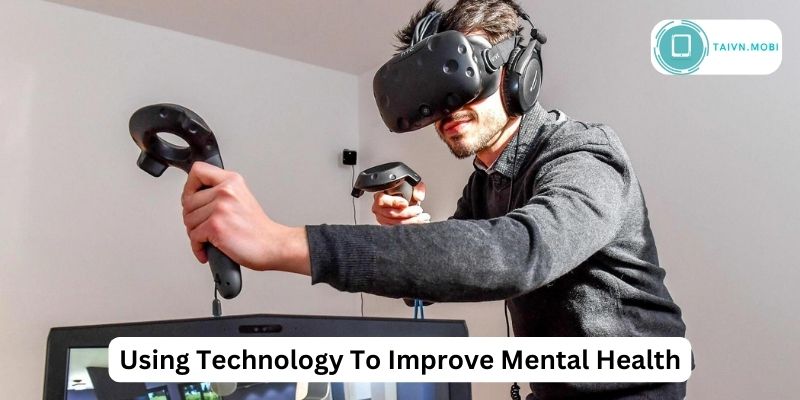
Imagine yourself moving slowly and theatrically while walking underwater. Your body would become light and translucent. You seem to slow down th entire universe.
Imagine this scene now as a place to practice meditation (except when you need to rise to the surface to breathe). With the use of virtual reality, Deep is giving you exactly that experience while omitting upsetting real-world circumstances.
In a VR game created by game designers Owen Harris and Niki Smit, movement is controlled by breathing.
You control your mobility in a low-poly aquatic VR environment using diaphragmatic breathing while wearing a specially designed controller around your diaphragm and wearing an Oculus Rift.
Breathe in to climb slowly, then exhale to descend to the ocean floor. Shoals of low-poly fish contribute to the excitement of discovery, while the purpose is to be contemplative.
Zen Zone virtual reality app
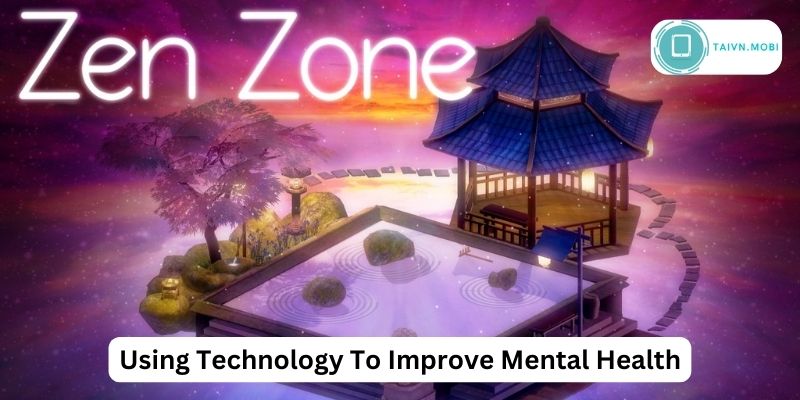
Another soothing VR game created by Unello Design is called Zen Zone. It includes two cutting-edge relaxation exercises that picture the body and the breath in ways.
That are only conceivable in virtual reality, all set to calming music. Additionally, you have the opportunity to create a personal “secret garden” where you can contemplate life.
Aaron Lemke, a developer and musician, is the head of the Texas-based design firm. Unello developed several of the early relaxing experiences for the Oculus Rift, with a focus on studying the experiential side of VR.
Conclusion Using Technology To Improve Mental Health
In summary, technology offers numerous options to improve mental health, and the7 best ways highlighted in this article provide effective solutions for managing mental health conditions and promoting overall well-being. These apps can be valuable tools for individuals seeking to take control of their mental health and improve their quality of life.
